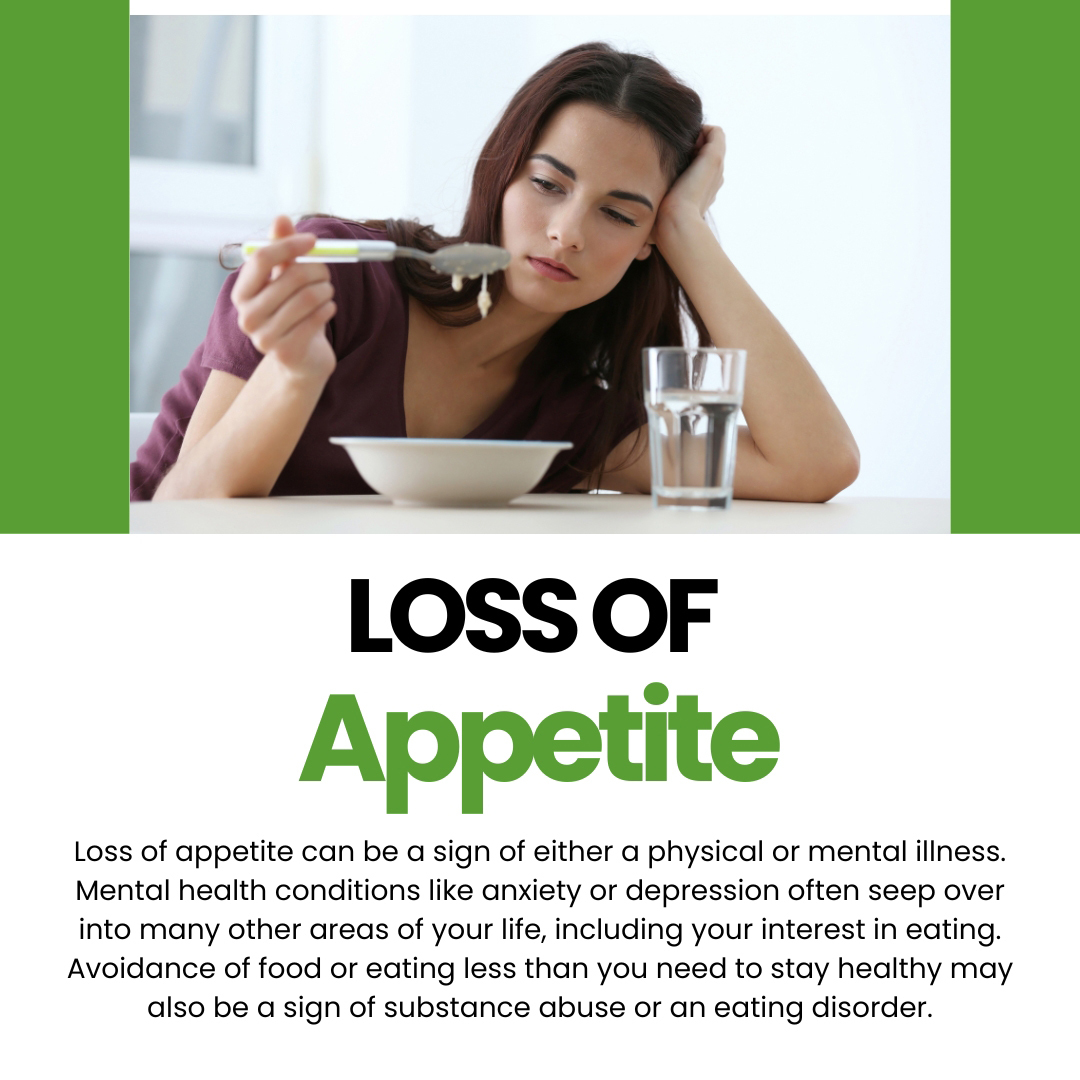

You may lose your appetite if you’ve got a stomach bug or if you’ve just survived an upsetting day at work. These events don’t leave lasting scars. But when a loss of appetite lingers for more than a couple days, you may have a serious physical or emotional disorder that requires treatment. Visit a medical doctor who also provides mental health treatment in New York, New Jersey and Florida. That medical professional reaches a diagnosis, learns why you aren’t eating and finds ways to restore your appetite. Online Psychiatrists is a mental health practice that ensures you receive appropriate treatment when you experience unexplained behaviors. Discover the underlying cause of your appetite loss, so you can get back to healthy eating and healthy living. Call today for an appointment.
★★★★★Very interested in knowing how a patient's wellbeing is and if there are any new issues. Very attentive. I like this Dr. a lot and will continue to use him.
Loss of appetite can be a sign of either a physical or mental illness. Mental health conditions like anxiety or depression often seep over into many other areas of your life, including your interest in eating. Avoidance of food or eating less than you need to stay healthy may also be a sign of substance abuse or an eating disorder.
Different people react differently to anxiety and depression. Online Psychiatrists offers professional psychiatric services in New York, New Jersey and Florida, either through in-person visits or online telepsychiatry options. This service includes the diagnosis and treatment of mental health problems that may affect your appetite, such as:

Overwhelming feelings of grief, stress or sadness can make eating much less appealing. That may be acceptable for a day or two. But when your desire to eat is drastically reduced for an extended period of time, it leads to other health problems such as unwanted weight loss and malnutrition.
If you’ve lost your appetite, you may not notice at first. Some signs that you’re no longer interested in eating include:
The medical term for appetite loss is anorexia. This isn’t the same thing as anorexia nervosa, which is an eating disorder. If you have anorexia, meaning a loss of appetite, you have no desire to eat. A person with an eating disorder such as anorexia nervosa feels hungry, but deliberately restricts food intake because of a preoccupation with weight gain.
When you think of the signs of anxiety, loss of appetite is probably not the first thing that comes to mind. In fact, binge eating and the urge to consume food that’s high in salt or sugar are more common coping methods for many who suffer from anxiety.
But some people have the opposite reaction to anxiety; they find it difficult to eat at all when they’re feeling anxious. For these people, anxiety can:
These symptoms make the thought of eating even more unappealing. They are uncomfortable and dangerous. They can lead to malnutrition.
Harvard Certified
Nationally Recognized
Book AppointmentDepression is a mood disorder that affects how you feel, think and act. It can decrease your ability to function effectively in all areas of your life. People with depression often experience:
When you’re depressed, your body undergoes metabolic, endocrine and immune system changes. These can lead to changes in brain activity that regulate depression. Brain changes vary from one individual to another, but in a depressed state, loss of appetite is a common symptom. But like anxiety, some people have the opposite experience: an urge to eat more.

When you or a loved one is experiencing loss of appetite, try to identify the cause. Most forms of mental illness are characterized by additional symptoms, such as extreme mood swings, insomnia, difficulty concentrating and changes in energy levels.
If appetite changes are related to anxiety or depression, treatment through talk therapy and medication makes a difference. Untreated mental health problems decrease your enjoyment of life, making simple tasks seem difficult and disrupting your work and relationships. For expert psychiatric evaluation of your loss of appetite or other symptoms of mental health problems, contact Online Psychiatrists for an evaluation.

Dr. Zlatin Ivanov, MD, is an adult psychiatrist specializing in addiction treatment, ADHD, anxiety, depression, and OCD. He offers exceptional talk therapy and medication management through online video conferencing.
Dr. Ivanov is double board certified in Psychiatry and Clinical Neurology and a member of the American Psychiatric Association. His medical career is colored by many outstanding contributions to medicine, including several publications, research, and scientific presentations. An attending psychiatrist at Woodhull Medical Center in Brooklyn, NY, and Bellevue Hospital Center in New York City, he takes the time to listen to patients and makes sure they know he is committed to their unique situation.
 Our Locations
Our Locations
The Chrysler Building
405 Lexington Ave, #2601
New York, NY, 10174 (map)
300 Carnegie Center Drive #150K,
Princeton, NJ, 08540 (map)
701 Brickell Avenue, 1550#A,
Miami, FL, 33131 (map)